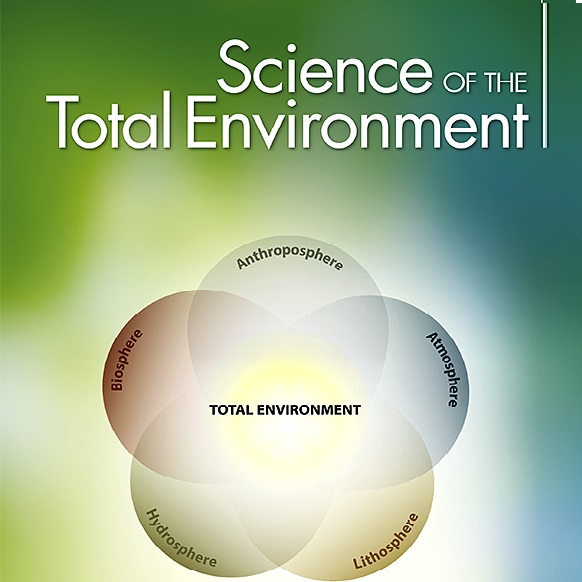Abstaract
This article aims to explain how the changing nature of knowledge base complexity is associated with the governance structure of sectoral knowledge bases and it implications for innovation policy in resource based developing countries. The case of upstream petroleum industry is used as our empirical setting of the analysis. Although seems very relevant, the role of increasing knowledge complexity as an important factor in organization of innovation and a cognitive barrier in technology development is an under researched area. This specific notion of knowledge complexity matters when 'the opportunities to generate new knowledge are conditional on the identification and integration of the diverse bits of complementary knowledge that are inputs into the knowledge production process' (Antonelli, 2003, p.507) The question of knowledge governance (the role of different actors in production of sectoral knowledge base) has been the subject of different branches of organizational and innovation studies which commonly use a functional approach to the analysis of knowledge governance. This tradition tends to look at the division of knowledge between different players and their particular functions in the governance of sectoral knowledge base. In other words, the role of different actors is analyzed collectively and systematically to examine the dynamics of their innovation strategy in terms of direction (specialization vs. integration) of technological activity. According to this literature two complementary hypothesis are proposed. First, it proposed that the dominance of a technological specialization strategy for innovators is often associated with the decline of knowledge base complexity. This is because the decline of complexity, by definition, means less technological interdependency between different segments of the sector which allows for technological modularity.


 Ali Maleki
Ali Maleki.jpg)






.jpg)